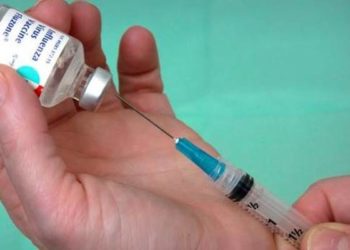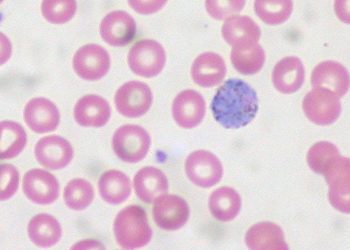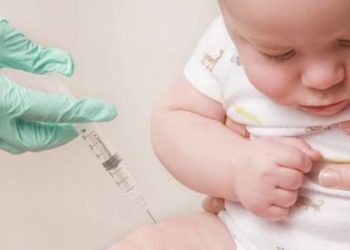Practitioner communication, attitudes and 2-dose schedule affect HPV vaccine administration
1. In this national survey, both pediatricians and family physicians (FPs) were more likely to make a strong recommendation for the human papilloma virus (HPV) vaccine in older adolescents as compared to younger adolescents (ages 11 to 12 years). Pediatricians were more likely than FPs to use a presumptive tone when discussing the vaccine with patients and families.
2. Both pediatric and family physicians reported higher rates of HPV vaccine refusal or deferral in 11- to 12-year-old patients as opposed to older adolescents, with male patients being more likely to refuse or defer than female patients.
Evidence Rating Level: 3 (Average)
Study Rundown: Despite its demonstrated efficacy in preventing HPV-related oral and genital cancers, the HPV vaccine course continues to have a low completion rate among adolescents in the United States. In this study, researchers surveyed pediatricians and FPs across the country to better understand their impression of HPV vaccine resistance, their communication methods when presenting the vaccine, and their impression of how the 2-dose schedule, as opposed to the 3-dose schedule, for younger adolescents has changed vaccine completion rates. Though both pediatricians and FPs were likely to strongly recommend the vaccine to adolescents of all ages, both groups perceived higher vaccine resistance among younger adolescents, namely those ages 11 and 12 years. Pediatricians were more likely to present the vaccine with a presumptive tone, while FPs were more likely than pediatricians to present the vaccine using a conversational tone. The vast majority of physicians in both fields agreed that the 2-dose schedule for adolescents <15 years old improved vaccine completion rates. Simultaneously, more than half of FPs and one-third of pediatricians expressed concern that having a 3-dose schedule for children ≥15 years old was confusing to both families and office staff. Overall, this study is limited its reliance on practitioner perception of their practice rather than objective, observed data. Despite its design, this study’s results reveals practical areas for further explorations, such as the efficacy of various communication styles when presenting a socially controversial intervention such as the HPV vaccine.
Click here to read the original article, published today in Pediatrics
Relevant Reading: Attitudes towards and knowledge about Human Papillomavirus (HPV) and the HPV vaccination in parents of teenage boys in the UK
In-Depth [survey]: In this study, researchers initially contacted 908 members of the American Academy of Pediatrics and American Academy of Family Physicians who reported spending ≥50% of their providing primary care. Of the 908 contacted, 588 (65%) responded (1-7% rural, 35-58% urban, 70-80% private practice). The majority of pediatricians (85% for female patients; 83% for male) and FPs (72% for female patients; 66% for male) reported strongly recommending the HPV vaccine to patients ages 11-12 years old. The same was true for patients ≥15 years old, with an even larger majority of both pediatricians (99% for female patients; 98% for male) and FPs (90% for female, 83% for male) strongly recommending the vaccine for patients in this age group. The majority of both pediatricians (74%) and FPs (77%) either “strongly agree” or “somewhat agree” that they encounter less resistance from parents and patients when they initiate the HPV vaccine series at age 13 rather than age 11. In regards to changes to the dose schedule for younger adolescents, 70% of pediatricians and 48% of FPs strongly agreed that the 2-dose schedule improved vaccine completions rates in younger adolescents in comparison to the previously recommended 3-dose schedule. Sixty-five percent of pediatricians and 42% of FPs claimed they always or almost always used a presumptive style, while 16% of pediatricians and 24% of FPs almost always or always used a conversational style when talking about the HPV vaccine. “Presumptive” style was assigned to individuals who endorsed always or almost always discussing HPV vaccine need by saying,” We’ve got 3 vaccines today; Tdap, HPV, and meningococcal vaccines.” Those who were considered to have a “conversational” style endorsed that they always or almost always asked, “Are you interested in getting HPV vaccine for your child today?”
Image: PD
©2019 2 Minute Medicine, Inc. All rights reserved. No works may be reproduced without expressed written consent from 2 Minute Medicine, Inc. Inquire about licensing here. No article should be construed as medical advice and is not intended as such by the authors or by 2 Minute Medicine, Inc.







